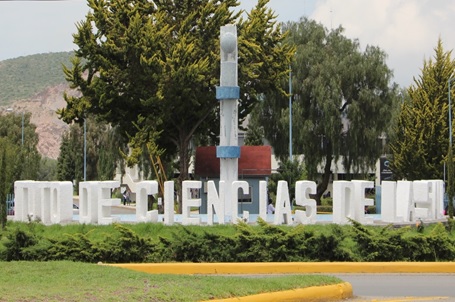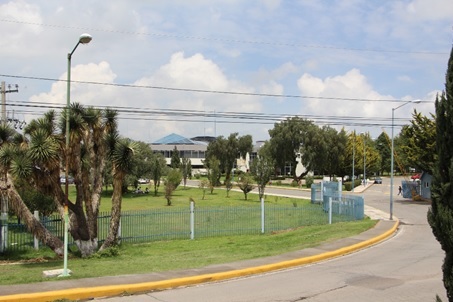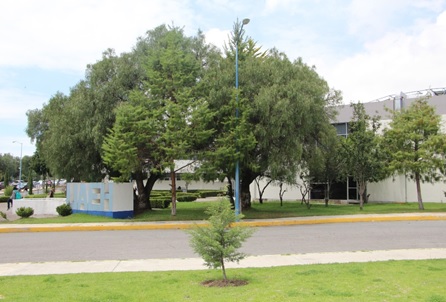INSTITUTE OF HEALTH SCIENCES
Background
At the beginning of the nineties, the Autonomous University of the State of Hidalgo in the development plan (PITA), proposes the integration of the Institute of Health Sciences (ICSa), for which a group of experts is hired to structure a situational diagnosis of the health areas in Mexico and Hidalgo, which guided the proposal to structure an institute with six academic areas that would respond to the health needs in Hidalgo, these were Medicine, Dentistry, Nursing, Pharmacy, Nutrition and Psychology.
In 1996, the construction of the ICSa began, and in the following years the equipment was provided through the Fund for the Modernization of Higher Education (FOMES) program.
In 1997, an agreement was signed with the Teacher Improvement Program (PROMEP), which allows the different academic areas to develop a program for the growth of the teaching staff, the creation of Academic Groups and Lines of Knowledge Generation and Application, with goals to be met by 2006.
With this support, in 1999 the University Council approved the ICSa Integration Project, with the incorporation of the academic areas of Nursing, Medicine, Dentistry, Pharmacy, Nutrition and Psychology, the Mission was: To train professionals with a deep sense of solidarity, social responsibility and comprehensive, ethical, scientific and technical training. Prepared for inter, multi and transdisciplinary teamwork, with initiative and capacity to face the health problems of the community, with a reflective and critical attitude towards their own work? The above is based on an avant-garde academic model that allows the linking of teaching, research and extension, whose main characteristic is the inter, multi and transdisciplinarity that leads students to work as a team, with knowledge, skills, values and attitudes, to respond to the health needs of society and the challenges of the third millennium? In eleven years of evolution, the ICSa has expanded its infrastructure with modern spaces and equipment with advanced technology as a result of a participatory strategic planning process, which has favored the accreditation of 100% of the undergraduate programs, the creation of new undergraduate (Gerontology) and graduate programs (Master's in Biomedical and Health Sciences and the Unique Program of Dental Specialties). Research has been developed with the integration of seven academic bodies that develop 17 lines of research, and links with other national and international HEIs have been fostered, which has favored the exchange of students and professors.
With the above, the ICSa projects itself towards international visualization that contributes to the fulfillment of the institutional vision.
 |
 |
 |
Share in: